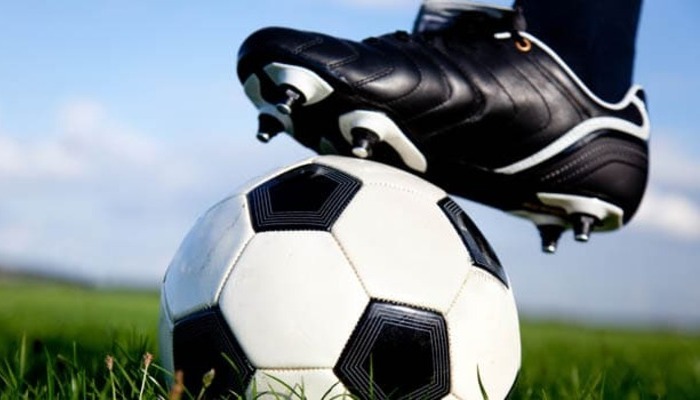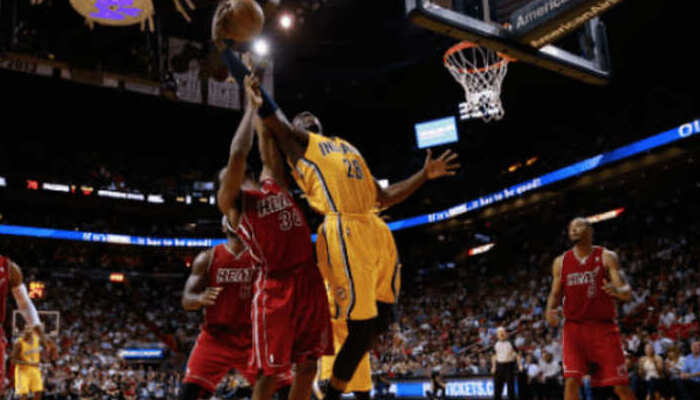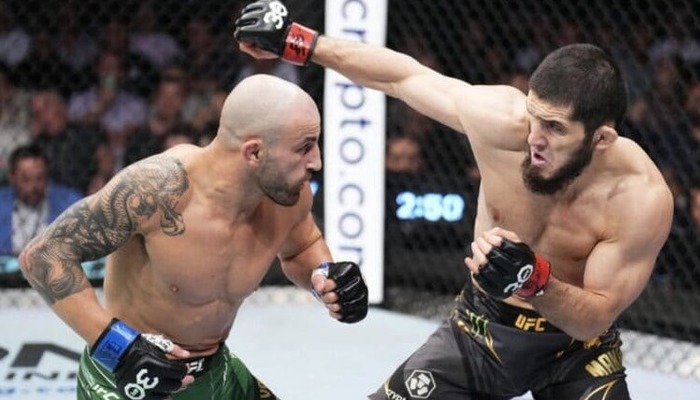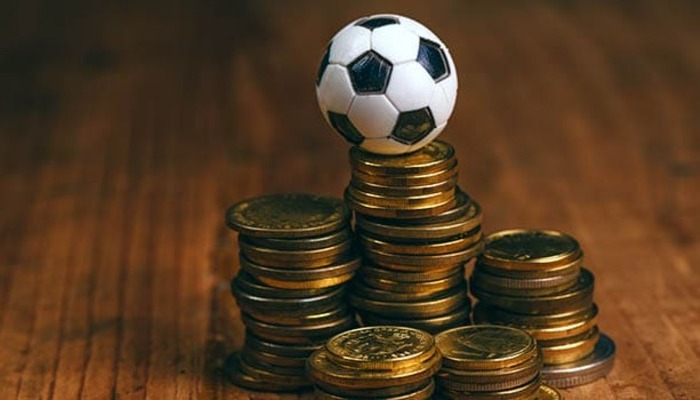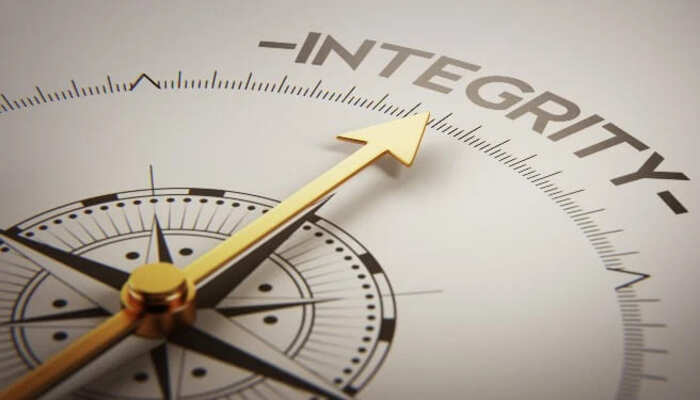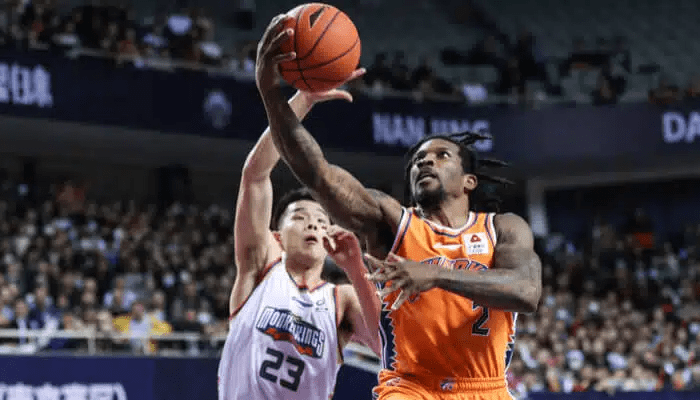
Could Chinese Basketball Fiasco Impact U.S. Sports Betting?
Less may be more as American sportsbooks increase focus on integrity.
In the Chinese Basketball Association last Friday, the Jiangsu Dragons led the Shanghai Sharks by a score of 100-96 with 1:36 left to play in a decisive Game 3 of their playoff series.
A four-point lead with that much time on the clock is hardly iron-clad, but what happened over the next minute was nevertheless peculiar. The Dragons proceeded to turn the ball over on five consecutive possessions — and not necessarily because of stellar defense. As a result, a 10-0 Shanghai run ensued, and the Sharks punched their ticket to the CBA quarterfinals.
Or so they thought.
On Monday, CBA President Yao Ming, who spent five years with the Sharks before beginning his NBA career with the Houston Rockets, announced that the Sharks and Dragons would be fined the equivalent of $5 million U.S. dollars for “lack of competitive effort” throughout the series. What’s more, suspensions of up to five years were meted out to the coaches and general managers of both teams, which were each barred from participating in the rest of the playoffs.
So was the fix in? Based on the severity of the penalty, that’s certainly the implication, and Yao has instructed the teams to submit full reports on their conduct during the series.
U.S. Integrity, which provides integrity monitoring and fraud detection services for several sports leagues and betting operators, sent its customers an alert after seeing reports of the infamous finish online. It “didn’t get any responses back of suspicious or abnormal [wagering] activity” on the game in the U.S., said the company’s president, Matthew Holt.
“The betting activity was in Europe and Asia,” he added. “We didn’t get any complaints from our U.S. operators.”
Holt said that the alert he sent out was the second he’d issued on the CBA this year, with the first coming on Jan. 13 before a game between Jiangsu and Xinjiang. U.S. Integrity alerted operators that it had received information that Xinjiang might sit two of its best players.
Meanwhile, although he declined to get into detail about them, Holt also said, “We’ve had NBA alerts this year.”
The Dallas parallel
The situation involving Jiangsu and Shanghai encompasses more than the final 1:36 of Game 3. In fact, it reaches back to Game 2, which Shanghai lost after sitting many of its key players for an extended stretch.
Why would a team try to lose a game where, if it won, it would advance to the next round of the playoffs? That’s a great question, and the answer reportedly has to do with the team’s third-leading scorer and top assist man, an NBA veteran by the name of Eric Bledsoe.
Bledsoe, who played guard for the NBA’s Clippers, Suns, Bucks, and Pelicans before signing with Shanghai in 2022, was already suspended for four games heading into the playoffs due to an unrelated matter. Extending the best-of-three series with Shanghai to its maximum duration would have ensured that, if they won, Bledsoe would miss only one of the Sharks’ quarterfinal contests against the Shenzhen Aviators. (The Aviators have now automatically advanced to the semifinals as a result of Shanghai’s disqualification.)
In a tweet Monday, Bledsoe denied having any involvement in the alleged game-fixing, as did fellow former NBA journeyman Michael Beasley, who left the Sharks in October after suffering an injury four games into the season.
The Game 2 situation is somewhat analogous to a late-season maneuver the Dallas Mavericks executed that cost them a spot in the play-in round and resulted in a $750,000 fine from the NBA for “conduct detrimental to the league.”
The Mavericks owe a top-10-protected draft pick to the New York Knicks as the last piece of the ill-fated Kristaps Porzingis trade of 2019. Heading into the second-to-last game of the regular season against the Chicago Bulls, the Mavs knew that if they lost that game and the following one against lowly San Antonio, they’d retain the 10th-best odds in the draft lottery and therefore stand a better chance of holding on to the pick.
Determining, perhaps wisely, that their path to an NBA title would have been rocky even had they reached the play-in round, the Mavericks proceeded to sit key players including Kyrie Irving, Christian Wood, and Tim Hardaway Jr. in the Chicago game. Superstar Luka Doncic played for only the first 12 minutes and 35 seconds of what wound up being a three-point loss.
“The Dallas Mavericks’ decision to restrict key players from fully participating in an elimination game last Friday against Chicago undermined the integrity of our sport,” Joe Dumars, the NBA’s executive vice president/head of basketball operations, said in a statement. “The Mavericks’ actions failed our fans and our league.”
In an post Tuesday on his Substack, The Closing Line, Dustin Gouker took things a step further, writing, “The NBA, despite efforts to curb it, incentivizes teams to ‘tank,’ or manage their teams in a way that they try to improve their odds of getting into the draft lottery. The play-in tournament was supposed to help alleviate that by giving more teams a chance at the postseason, but the Mavs became the first team to scoff at that openly.”
A ‘load’ of bull
Who’s to blame for such strategic tanking? It might be San Antonio’s Gregg Popovich, undeniably one of the finest head coaches the NBA has ever seen, who would occasionally sit top players like Tim Duncan, Tony Parker, Manu Ginobili, and Kawhi Leonard against other elite teams during the regular season so they’d be unable to get a full scouting report on the Spurs before the playoffs.
Leonard, of course, has taken things to the next level with his game-skipping “load management,” touching off an era where it’s often impossible for fans — or bookmakers — to know who’s going to play until mere minutes before tipoff.
“It’s not easy. It really isn’t,” said Robert Kowalski, director of sportsbook operations at Baldini’s Casino in Sparks, Nevada. “I’m gonna go into full-on price discovery mode for the NBA. When we were down to about 20 games left in the NBA season, I really just started to say, ‘I’m not sure what’s happening anymore.’
“It’s a matter of realizing that it’s a long season and some of these games don’t matter. Now it’s different because we have a play-in tournament. You can kind of half-ass it, make it in, shorten your bench, and make a run for the title. The NBA, more than almost any other sport, we establish our lines for the games for the day and it’s a matter of seeing how close I am to the figure. Then when we’re about 20 minutes out, we do a little more motion on the game because a star is gonna be out.”
Kowalski, who first heard about the CBA scandal early Monday morning, said of the penalties, “They’re stiff, but warranted. It’s not some fly-by-night league.”
Holt concurred, saying, “To the league’s credit, when they discovered this, they acted as swiftly as sternly as any league we’ve ever seen, and I think they should be commended for that, because that is the best deterrent we have against match-fixing and nefarious activity.”
As for why a team or group of players might be motivated to manipulate the result of a game nowadays, Holt said, “Many of the North American scandals have had to do with collegiate players, because they were making no money at the time. But nowadays, I don’t think the correlation is there as much. Match-fixing, game manipulation, tanking — sometimes it has to do with extortion, sometimes it’s accidental, sometimes it favors the buddies, like, ‘Hey, I’m not gonna play tomorrow night.’ There are a lot of reasons people do these things outside of receiving an envelope full of cash.”
Bringing up the Calvin Ridley situation, in which the NFL quickly suspended the wide receiver for betting on his own team, Holt added, “If you want your league to have any credibility, then you have to take swift action. Regulators tend to stay out of it when the leagues themselves take action.”
Revisiting round-the-clock action
Go to the site of a major mobile sportsbook like FanDuel or DraftKings and you’ll typically find a plethora of professional basketball leagues to bet on around the world. But for a book like the one Kowalski runs at Baldini’s, “the NBA and NCAA basketball are already a massive lift,” he said.
“We’re a tiny, independent shop,” Kowalski added. “Forget about the CBA — I don’t even want to do Euroleague.”
Even among larger operators, the inclination to do a few things well versus offering every conceivable market may be a trend that has taken root.
“I think it’s already happening,” Holt said, referring to recent wagering controversies in the UFC and Professional Fighters League as “eye-openers.”
“Some of the early states [where sports betting became legal] posted these massive catalogs,” Holt continued. “Now what tends to happen is states, when they look at new leagues … [they ask] ‘Do they have an integrity partner? Do they have the right responsible gambling language?’”
Yet, in an industry where the river has tended to run toward round-the-clock action, there are bound to be strong currents that keep leagues like the CBA in play for sports bettors.
“Do the operators think this is a way to bring in new customers, attract new clientele, and give bettors opportunities to bet in off hours?” Holt said, explaining certain sportsbooks’ mindset. “People work all kinds of schedules and everyone wants to participate in betting. If you work second shift or third shift, you’d love to watch a game or two and make a bet, and those options often lead to international events.”
Article Source
https://sportshandle.com/chinese-basketball-fiasco-impact-sports-betting/
Other Interesting Articles
 Large Swathes of Asia are Sweltering Through Record Breaking Temperatures
Large Swathes of Asia are Sweltering Through Record Breaking TemperaturesApr 21, 2023





